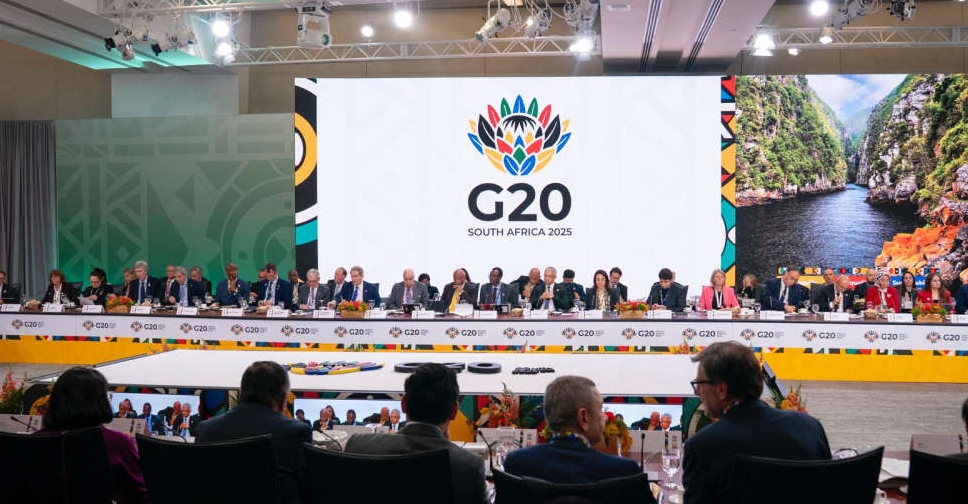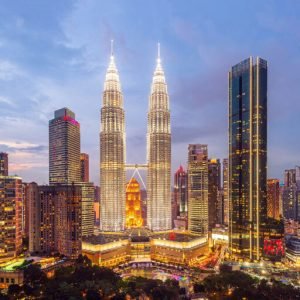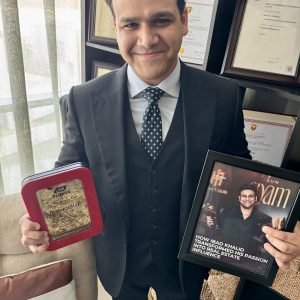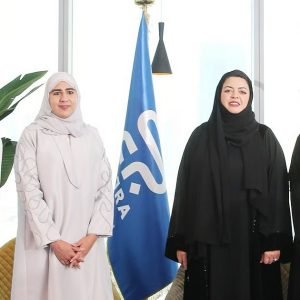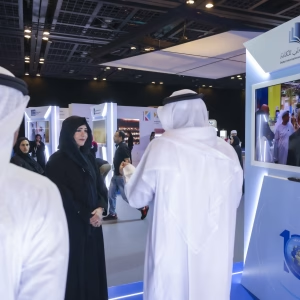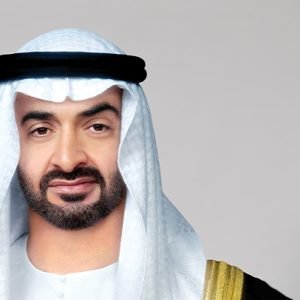UAE international cooperation has become a cornerstone of the country’s foreign policy and global strategy. The United Arab Emirates has taken consistent steps to build strong relationships with nations around the world. By engaging in trade, technology, diplomacy, and humanitarian efforts, the UAE has established itself as a hub for collaboration and development. Its efforts are not only aimed at strengthening its own position globally but also at creating sustainable partnerships that can drive progress for all involved countries.
The UAE’s approach to international cooperation is both strategic and comprehensive. It combines diplomacy, economic partnerships, technology transfer, and humanitarian initiatives. The country’s leaders recognize that in today’s interconnected world, no nation can thrive in isolation. By fostering cooperation, the UAE ensures that it contributes positively to global stability, economic growth, and sustainable development.
Strategic Engagements in Global Forums
One of the most important ways the UAE strengthens international cooperation is by participating in global forums. These forums bring together leaders from different countries to discuss pressing issues, share knowledge, and establish partnerships. The UAE has actively engaged in regional and international economic meetings, highlighting its commitment to collaboration.

By participating in such forums, the UAE promotes global trade, encourages investments, and addresses economic challenges faced by developing nations. These engagements allow the UAE to share its experiences in areas like infrastructure development, energy transition, and innovation, while also learning from other countries. Through these high-level discussions, the UAE continues to build trust and foster partnerships that benefit multiple nations.
Advancements in Energy Transition
Energy transition has become a global priority, and the UAE has positioned itself as a leading voice in this field. The country has implemented ambitious strategies to shift towards clean and sustainable energy sources. At the same time, it actively collaborates with other nations to promote energy efficiency, low carbon technologies, and clean energy solutions.

The UAE has strengthened international cooperation on energy transition through high-level engagements with G20 countries during the Energy Meetings in South Africa. Eng. Sharif Al Olama, Undersecretary for Energy and Petroleum Affairs at the Ministry of Energy and Infrastructure, held a series of bilateral discussions with representatives from Singapore, Ireland, Germany, and Indonesia. These talks focused on fostering collaboration on clean hydrogen, low-emission technologies, and energy efficiency.
During discussions with Singapore’s Energy Market Authority, the UAE explored opportunities in peaceful nuclear energy, electricity interconnection, and liquefied natural gas, as well as the potential for Singapore to join the Global Energy Efficiency Alliance, which was launched by the UAE. Meetings with the Irish delegation focused on renewable energy, hydrogen and its derivatives, clean technology, and preparations for the UAE-Ireland Joint Economic Committee meeting. These efforts aim to accelerate low-carbon investments and enhance global energy security.
Eng. Al Olama also met with Germany’s Parliamentary State Secretary at the Federal Ministry for Economic Affairs and Climate Action to discuss industrial decarbonization, hydrogen supply chains, and clean technology cooperation. Existing frameworks such as the Emirati-German Energy and Climate Partnership and the Bilateral Hydrogen Working Group were emphasized as foundations for further collaboration.
In discussions with Indonesia, represented by the Director-General of Energy, the UAE explored practical measures including energy efficiency codes, performance standards, and incentive programs. Indonesia was invited to join the Global Energy Efficiency Alliance, positioning it as a platform to implement sustainable energy commitments.
These initiatives reflect the UAE’s proactive approach to advancing energy transition, supporting the objectives of the UAE Consensus, and contributing to Sustainable Development Goal 7. By strengthening collaboration with key G20 nations, the UAE has reinforced its position as a global leader in sustainable energy. These strategic partnerships not only facilitate knowledge sharing and technology transfer but also create scalable solutions that accelerate the adoption of clean energy worldwide.
UAE international cooperation in energy involves sharing technological knowledge, co-investing in research and development, and collaborating on international energy projects. By focusing on hydrogen technologies, renewable energy, and carbon reduction methods, the UAE is helping other countries accelerate their own energy transitions. Such initiatives not only support global climate goals but also enhance energy security worldwide.
The UAE’s efforts in energy cooperation demonstrate its forward-thinking approach. By leading projects that involve multiple nations, the UAE encourages a shared responsibility for a sustainable future. These collaborations also open avenues for investment and innovation that can strengthen the global economy.
Strengthening Regional Partnerships
Regional partnerships are another critical aspect of the UAE’s international cooperation strategy. By working closely with neighboring countries, the UAE promotes stability, economic growth, and social development in the region. Joint initiatives with countries such as Saudi Arabia have focused on infrastructure projects, trade agreements, and cultural exchanges.
The UAE has hosted strategic meetings with its regional partners to discuss common goals, align development plans, and address shared challenges. Such cooperation strengthens diplomatic relations and enhances the capacity of each nation to achieve its development objectives. In a rapidly changing geopolitical environment, regional partnerships provide a foundation for long-term stability and prosperity.
Technological Collaborations and AI Advancements
Technology is at the heart of the UAE’s vision for the future. Recognizing the importance of innovation, the UAE has sought international collaborations in areas like artificial intelligence, smart cities, and digital transformation. By partnering with global tech leaders, the UAE aims to build a robust ecosystem that promotes research, development, and practical applications of cutting-edge technology.
UAE international cooperation in technology ensures that advancements in AI and digital tools are shared across borders. Collaborative projects focus on creating smarter cities, improving healthcare services, and enhancing educational systems. By engaging in joint research and sharing expertise, the UAE and its partners can solve complex problems more effectively.
These technological partnerships also support the UAE’s economic vision by creating jobs, attracting investments, and developing human capital. They demonstrate how international cooperation can lead to tangible benefits for citizens while advancing global innovation.
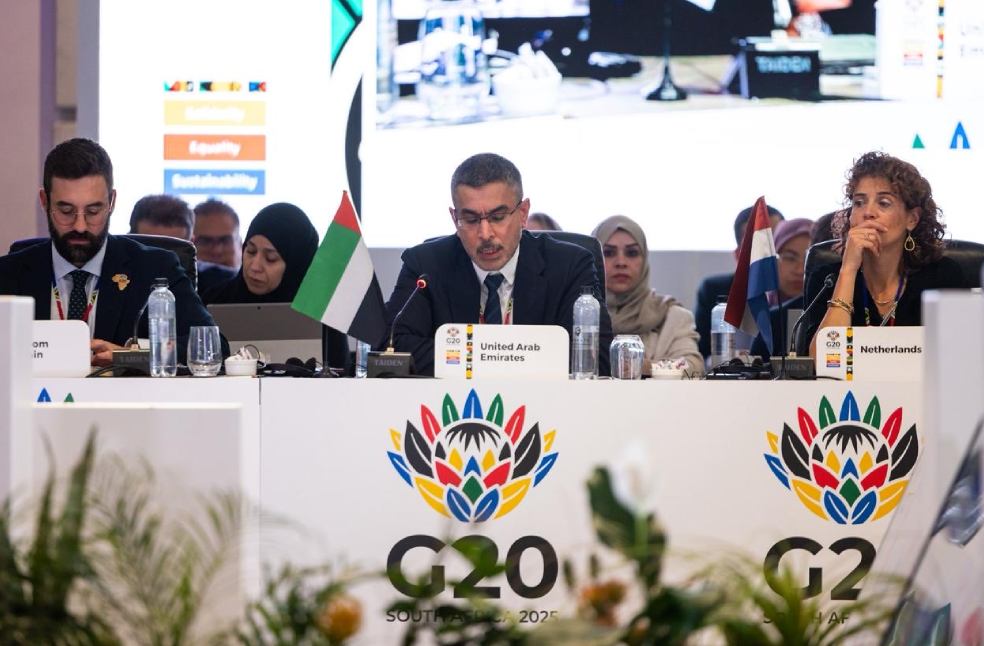
Humanitarian and Diplomatic Initiatives
The UAE has consistently shown a commitment to international cooperation through humanitarian efforts and diplomacy. Its foreign policy emphasizes support for global peace, security, and human welfare. The UAE actively participates in initiatives that address conflicts, support refugees, and promote human rights.
UAE international cooperation in humanitarian areas involves collaborating with regional and global partners to provide aid, medical assistance, and disaster relief. The country’s diplomatic efforts also focus on resolving conflicts peacefully and encouraging dialogue between nations. By advocating for compliance with international law and supporting diplomatic solutions, the UAE strengthens its role as a responsible global actor.
This approach not only helps vulnerable populations but also builds trust and goodwill among nations. The UAE’s humanitarian initiatives reflect a deep understanding that global challenges require collective action and shared responsibility.
Infrastructure and Connectivity Enhancements
Infrastructure development and connectivity are central to the UAE’s strategy for international cooperation. By improving transportation networks, trade routes, and communication systems, the UAE enhances its ability to engage with the world. Investments in aviation, maritime ports, and logistics hubs enable smoother movement of goods and people, facilitating stronger international partnerships.
For instance, the UAE has expanded its airline networks to connect with cities across Asia, Africa, and Europe. These routes not only support tourism and business but also strengthen cultural and economic ties. Similarly, investments in ports and logistics infrastructure help neighboring and partner countries access global markets more efficiently.
By focusing on connectivity, the UAE ensures that cooperation is practical and sustainable. Improved infrastructure lays the groundwork for long-term economic growth, social development, and regional integration.
Financial Collaborations and Economic Growth
Economic collaboration is a major component of the UAE’s international cooperation strategy. The country actively engages in financial partnerships, trade agreements, and investment initiatives with multiple nations. These collaborations strengthen financial stability, increase investment opportunities, and support sustainable development.
The UAE has signed agreements to enhance bilateral trade, streamline currency transactions, and promote investment in strategic sectors. Such collaborations create a strong economic foundation for cooperative projects, ensuring that benefits are shared across nations. By facilitating investment and trade, the UAE supports global economic growth while securing its own prosperity.
Financial cooperation also provides opportunities for innovation and entrepreneurship. By working with international partners, the UAE encourages the exchange of knowledge and expertise, which helps drive economic diversification and job creation.
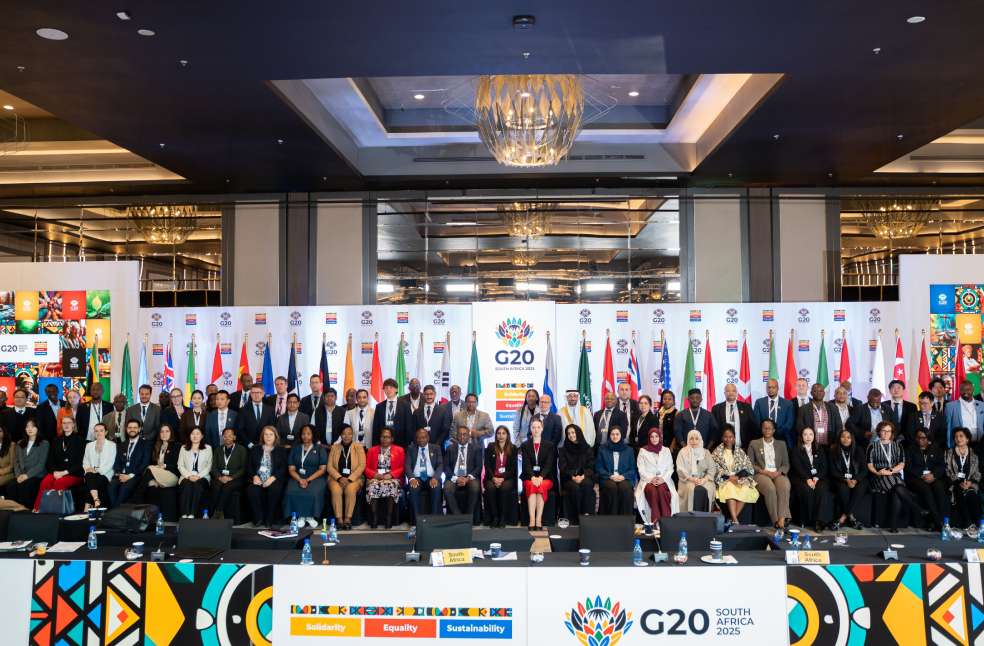
Education and Knowledge Exchange
Education is a key pillar of the UAE’s international cooperation efforts. The country has established partnerships with universities, research centers, and training institutes worldwide to promote knowledge exchange. These collaborations focus on fostering innovation, research, and skills development.
Through student exchange programs, joint research projects, and scholarship initiatives, the UAE shares its expertise while learning from other countries. Knowledge exchange enhances cultural understanding, strengthens human capital, and prepares the workforce for a rapidly changing global economy.
The UAE’s emphasis on education also ensures that cooperation is sustainable. By investing in the next generation of leaders, scientists, and innovators, the UAE contributes to a future where international collaboration continues to thrive.
Cultural Diplomacy and People to People Connections
Beyond trade, technology, and infrastructure, the UAE values cultural diplomacy as a way to strengthen international cooperation. Cultural exchange programs, art exhibitions, and international festivals help build mutual understanding and appreciation between nations.
By promoting cultural diplomacy, the UAE fosters long-term relationships based on respect and shared values. These people to people connections create a strong foundation for collaboration in other areas, including economic, scientific, and humanitarian initiatives.
Cultural diplomacy also enhances the UAE’s global image, showcasing the country as an inclusive and forward-thinking nation. This approach emphasizes that international cooperation is not only about policies and agreements but also about building meaningful relationships between communities.
Environmental Collaboration and Sustainability
Sustainability is a core focus of UAE international cooperation. The country actively engages in initiatives that address climate change, protect natural resources, and promote renewable energy. By collaborating with global partners, the UAE works to implement sustainable practices that benefit both the environment and society.
Projects related to renewable energy, water management, and green infrastructure demonstrate the UAE’s commitment to sustainability. By sharing expertise, funding research, and supporting regional initiatives, the UAE helps other countries implement environmentally responsible solutions.
Environmental cooperation ensures that development is balanced with ecological preservation. The UAE’s approach highlights the importance of shared responsibility in addressing global environmental challenges.
Conclusion
UAE international cooperation is a multifaceted strategy that encompasses diplomacy, economic growth, technological innovation, humanitarian assistance, education, cultural exchange, and environmental sustainability. The country’s proactive approach demonstrates its commitment to building meaningful partnerships that drive global progress.
By engaging in international forums, advancing energy transition, strengthening regional alliances, investing in technology, supporting humanitarian efforts, enhancing infrastructure, promoting financial collaboration, fostering education, and encouraging cultural diplomacy, the UAE positions itself as a leader in global cooperation.
The UAE’s commitment to international cooperation is not just a policy it is a vision for a sustainable, interconnected, and prosperous world. Through continued collaboration and strategic engagement, the UAE ensures that its efforts contribute to shared growth, stability, and development, benefiting both itself and the global community.
Do follow UAE Stories on Instagram
Read Next – Mubadala Abu Dhabi Open 2026: Top Tennis Stars Return to UAE

